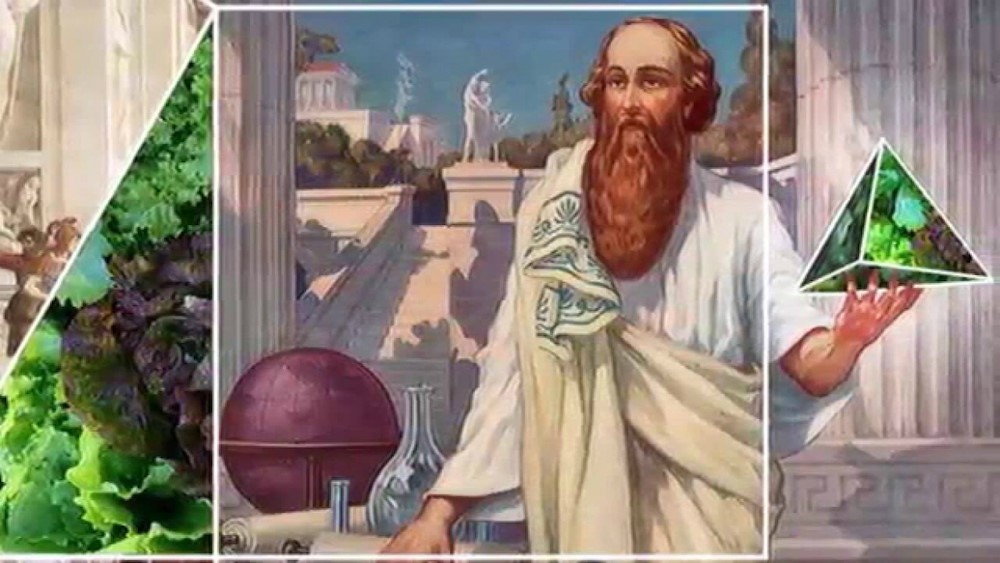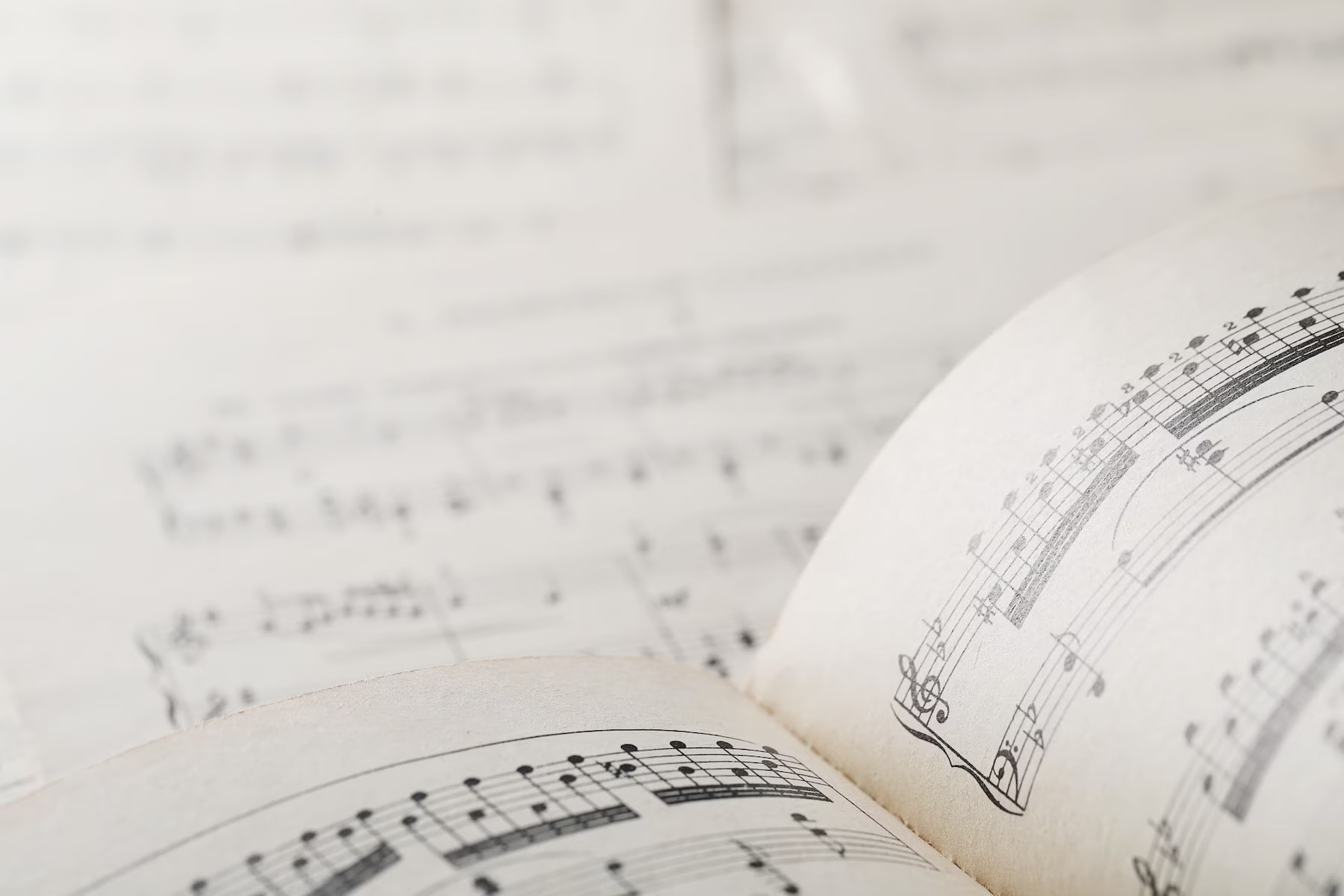Music is Mathematics Too
It is well known that music and mathematics are closely related. Anyone involved in music knows very well how much mathematical content is intertwined with sonic situations. As early as in antiquity, philosophers, musicians and scholars recognised and defined numerous connections between the two disciplines. If music were governed exclusively by mathematics, however, today it could be performed correctly, genuinely and with extreme rigor and precision by a “machine”. Thankfully this is not the case, which is why we have at our disposal excellent musicians who are artists and true experts in their field. They constantly conjure up melodies that are based on mathematical elements, yet full of soul. This is particularly evident at the Slovenian Philharmonic, as listeners are faced above all with emotions at every concert: both their own emotions and those of the performers.

Pythagoras was one of the first Greek thinkers who tried to develop a rational explanation for the functioning of the world. Although he is known for his mathematical findings, his school was also influenced by magic and esotericism. Since he left no written sources and the only records of his life and work were created hundreds of years after his death, his story is shrouded in mystery, with myth and reality being inextricably intertwined. For Pythagoras, numbers were not mere abstractions, but had their own entity. One of the most celebrated and revolutionary discoveries attributed to Pythagoras is the ratio that allows us to divide the musical scale into degrees. Legend has it that he entered a forge and listened to the sounds that were made by different hammers during forging. When he returned to his philosophy workshop, he first measured the hammers to determine the ratios between the notes produced by each hammer, then he performed the same experiment with strings.

Music and mathematics were first connected by the Pythagoreans, who created a musical-theoretical system. This close connection between mathematics and the music of divine nature was used by the Pythagoras’ disciples to heal ailments of body and soul. Legend has it that Pythagoras listened to the sound made by the celestial bodies, the so-called spheres. The Pythagoreans understood mathematics, music and metaphysics as expressions of the ultimate reality that were closer to mystical traditions than to philosophy. Numbers represented divinity manifested in the world, and the understanding of mathematical phenomena contributed to man’s ability to establish contact with divine reality.
And nothing is more divine than music.
